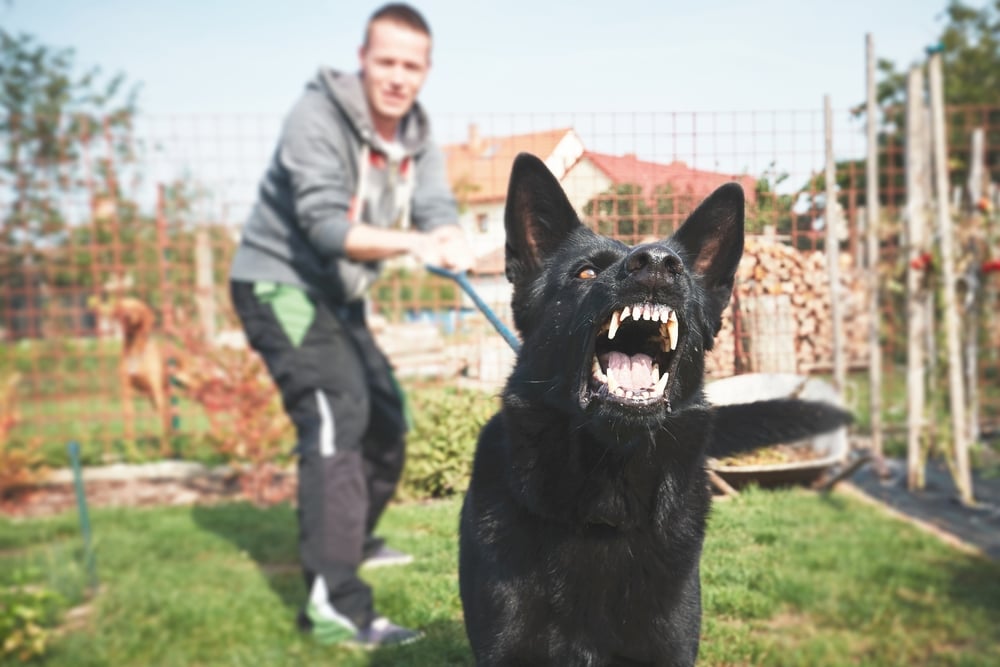Question: My dog, a 9-year-old Bichon, has been on Previcox for over a year and has become randomly aggressive. We thought his sudden aggression was from pain, or from his annoyance of being blind. His aggression only targets our other dog. He will, mostly at night, give her an evil eye and then go after her.
We try to keep them away from each other at night, but it is still scary. Though, for four days we did not have any more pills so he went without his daily dose of Previcox. These days he did not have any symptons of aggression at all! We thought he would be worse: No medication = more pain! Which you would think would lead to more aggression.
I have read that aggression is a symptom of this medicine. We were not aware of this, and are now wondering if Previcox is doing this to him. Will you please share with me the knowledge/ opinion you have about this drug? Was his good behavior over the four days just seem like a coincidence?
Lily
Ohio
Answer:
It sounds like your dog’s lack of aggression was not a coincidence.
Previcox is a non-steroidal anti-inflammatory drug, or NSAID. NSAIDs are used most often to treat pain and mobility problems related to arthritis. I have seen NSAIDs give many dogs new leases on life.
However, like all drugs, NSAIDs can cause side effects. All NSAIDs, including humble aspirin, share rare but serious side effects such as liver damage, kidney damage, intestinal ulceration, and blood clotting disorders. They also share more common but less serious side effects such as mild stomach upset and behavior changes.
Many of the behavior changes that come from NSAIDs aren’t actually true side effects but instead are the direct result of the desired action of the medication. Dogs that become more active or start “acting like puppies” are showing what happens when arthritis pain is eliminated. I suppose it’s possible (but it certainly isn’t likely) that your Bichon is naturally aggressive, and the pain of the arthritis is making him too lethargic to act on his aggressive impulses. Give him Previcox and he suddenly feels good enough to attack your other dog.
What’s more likely is that your dog is not naturally aggressive. This means he’s probably experiencing a true Previcox side effect. This side effect is very dangerous for both dogs, so I recommend that you talk to your vet about switching to a different pain killer. As you do this, however, you must be aware that giving two different NSAIDs together or in rapid succession leads to a very high risk of serious health complications. A week-long (or longer) period without any NSAIDs should occur before the switch.
Featured Image Credit: Jaromir-Chalabala-Shutterstock











